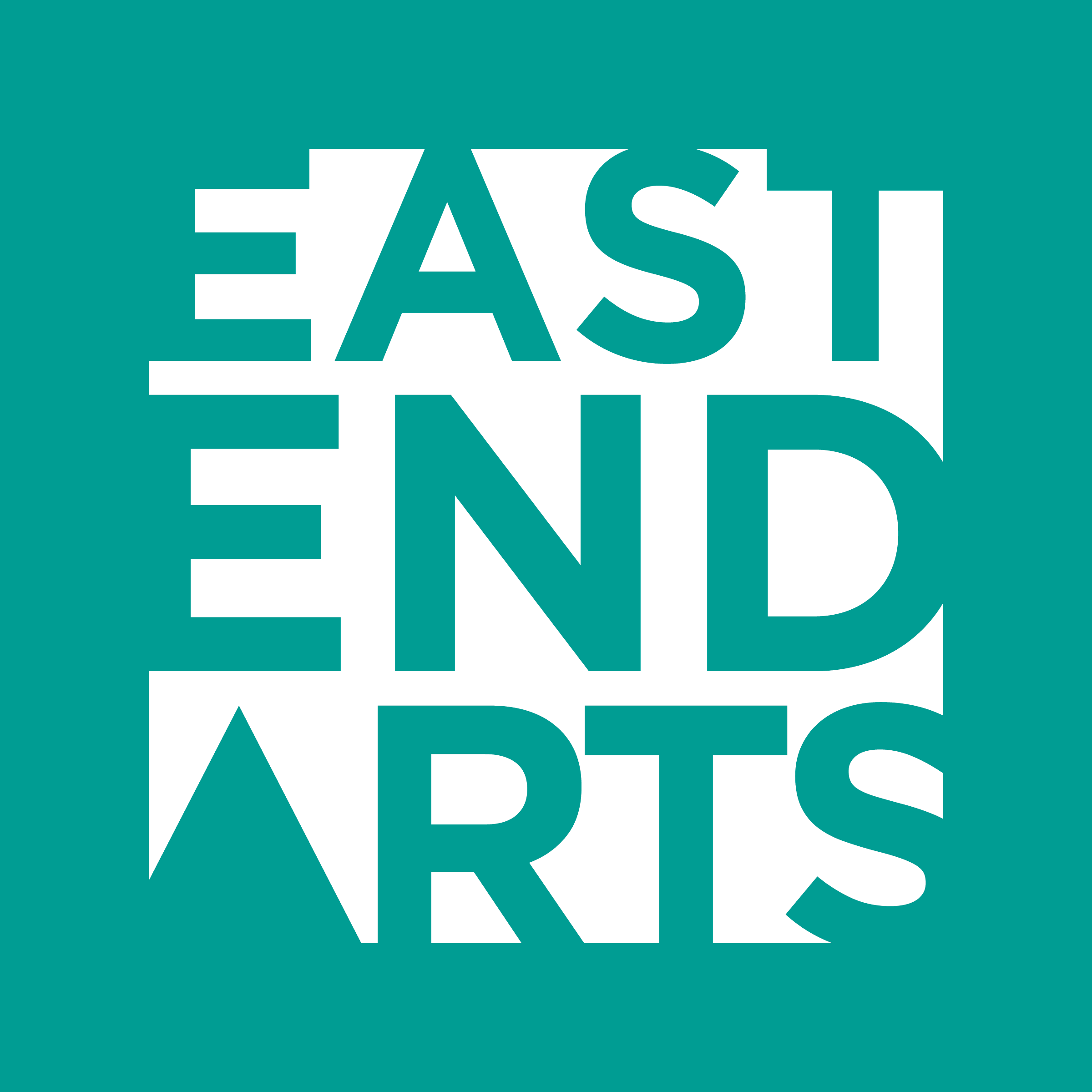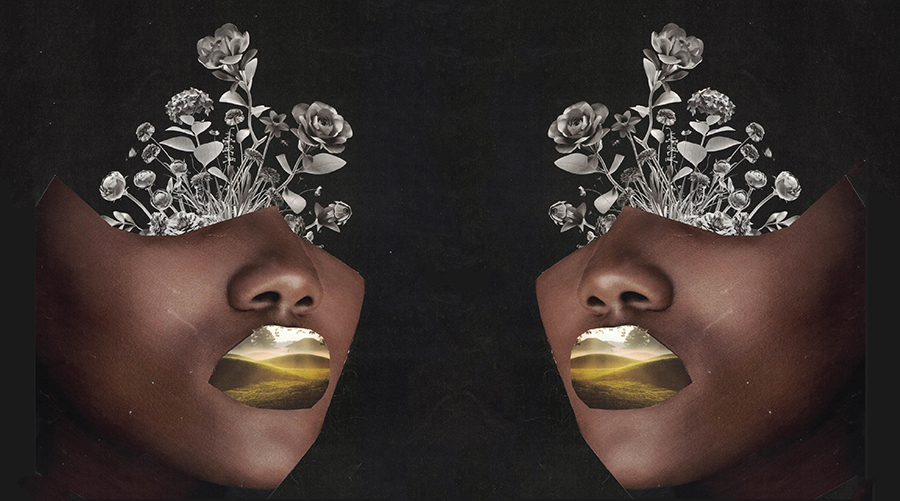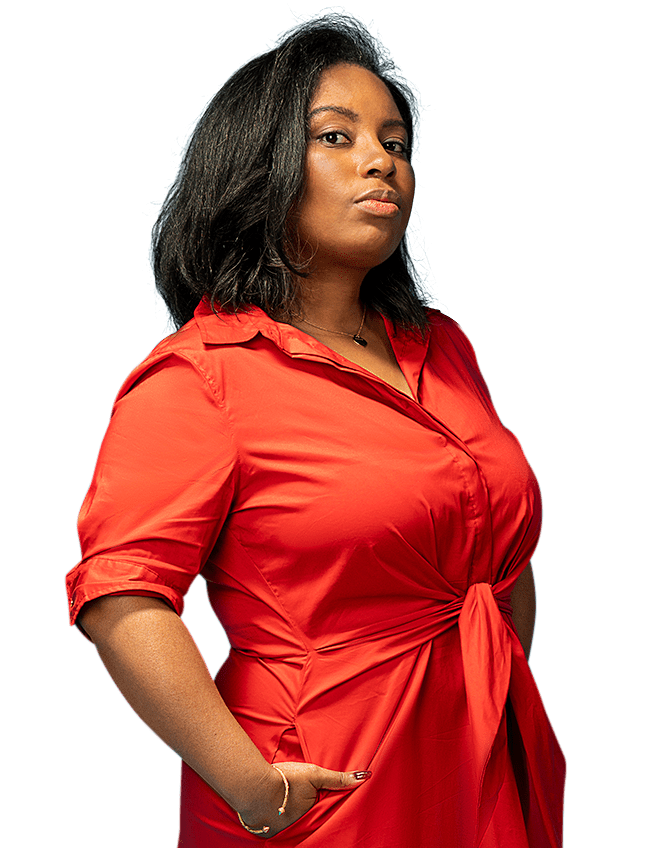This month we invited Fiona Raye Clarke, an award-winning Trinidadian-Canadian writer, community-engaged artist, and curator/moderator of our 2018 event, Black to the Future, to share some of her thoughts around Black futures in the arts. We are excited to share her writing with you! Please read below to check out our February 2021 #EEABlog guest post.
“From the outset of the pandemic, I have sought refuge in the creative arms of acclaimed Black speculative and Afrofuturist writers. I took an amazing online course on alternate histories by the great Nisi Shawl through Clarion West, and even attended my first Banff residency online with Nalo Hopkinson (and Emily Pohl-Weary) on writing the imaginary.
This focus on Black futurity now during the course of our lives as people and artists living and creating today is a necessity. An imperative fact.
To use the language of Tina Campt in the “Quiet Soundings: The Grammar of Black Futurity,” a Black feminist futurity is a “performance of a future that hasn’t yet happened but must.”
It is through past exercises of Black imagination that I am here today writing these words. Not to pander to the idea that Black people are superhuman and therefore never capable of breaking, but there is a certain power and magic that had to take place within our ancestors’ minds so that we could be here in the present. If you are a descendant of the victims of the Transatlantic Slave Trade, there were feats of survival you and I will never understand, but may always reach for, never quite touching because it is just unthinkable to the contemporary mind. And this is not to dwell or revel in Black trauma, but to name it and place it where it belongs: as a living undercurrent within the Black imagination and all our thrivings.
Raising my pen to write about Afrofuturism, Black futures, Black liberation contains this essential grammar. It is not a mere suggestion, a dream, or fantasy, but rather again, an imperative that If I am to survive, if my family is to survive, and should I have descendants, for them to – Black art must be spoken of in connection to survival. This is because a lack of nuanced, empathetic representations of Black characters, Black lives, Black stories has been a poison. Our society has been so sick with it that we had to be reminded that Black lives matter. It warranted saying, and repeating, protesting and marching for.
And there is yet a new danger to Black lives and voices: COVID-19. We are dying at a disproportionate rate, and we may never know what imaginations, what visions for possible futures we are currently losing in droves because of the way our society is currently organized. Many Black people do not have the privilege of quarantining at home, safe. Rather we have been deemed ‘essential’ by virtue of having jobs that we can’t retreat from the world for, while continuing to support our families, at a statistically higher rate.
This is the arts ecology that many Black artists are creating from and within today.
Continually marginalizing Black artists perpetuates images that we have no say or control over, leading to structural violence as described by Dexter Voisin as societal arrangements that “work to constrain and reduce potential, hope and imagination of possibilities for individuals.”
By persistently impoverishing the Black artistic community – through a lack of opportunities, recognition, pay parity – in the case of Black people, the effects extend way beyond the realm of the imaginary. Instead affecting whole communities and lives.
Art is a lifeblood as many are coming to see and appreciate in these times, but Black art is a matter of survival.”
About the Guest Writer:
Fiona Raye Clarke is an award-winning Trinidadian-Canadian writer and community-engaged artist. She is the editor of Basodee: An Anthology Dedicated to Black Youth (2012) and Black Like We: Troubleshooting the Black Youth Experience (2018) which won the ArtReach Youth Arts Pitch Contest. Her writing has appeared online and in print in The Puritan Town Crier, the Room Magazine blog, alt.theatre, among others. Her plays have been produced by the rock.paper.sistahz festival and InspiraTO Festival, and her co-created short film screened at the CaribbeanTales International Film Festival and the San Francisco Queer National Arts Festival. She is an alumnus of the Banff Centre for Arts and Creativity and the Artistic Director of the Black youth oral history theatre project, INTERGENERACIAL.
Website | Facebook | Twitter | Instagram


